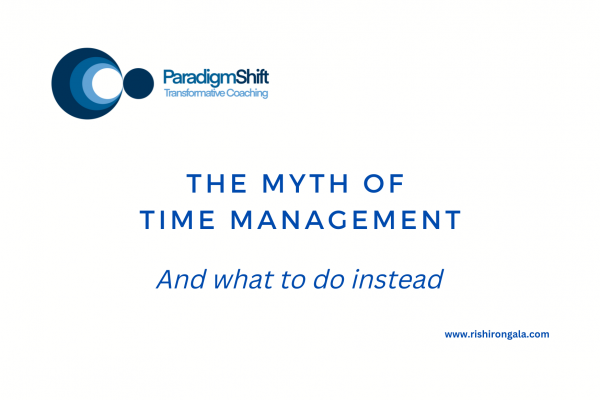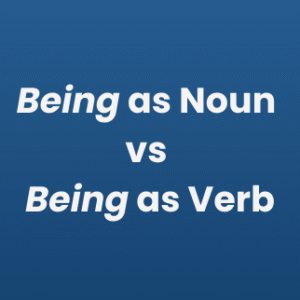
The Myth of Time Management; And what to do instead
Every week, I speak with people from various walks of life, many of whom are managers and leaders in organizations, entrepreneurs and business owners. We talk in confidence about their life and their work, and managing their time better inevitably comes up in conversation at some point or another. As we inquire into their relationship with time management, it becomes obvious that wanting to manage time requires one to believe that time is manageable – in other words, that time is a variable that can be moved around and managed better. We believe that to have a better work-life balance or to even get our work done efficiently, we need to manage time better. And we believe this so deeply that we rarely question this belief. Part of what I do as a transformative coach is help these people compassionately question their beliefs.
Is time really a variable that can be managed better? If we understand that a day has 24 hours, it becomes obvious that inherent in the transactional definition of time is its constancy. How do you manage a constant? By treating it as a scarce resource and allocating it to certain tasks. But time is not just like any other constant. If we have 10 apples, we can distribute those 10 apples, because we have access to all the 10 apples at once. Time, however has a peculiar property – we don’t have access to 24 hours at once, and so we cannot distribute it to our tasks like we can with commodities like apples.
We only have access to time moment by moment. And one moment of time is all we have access to at any point. This present moment, right now, is the only real standard unit of time, in our direct first-hand experience, outside of our conditioned conceptions such as minutes, hours, days and so on created for logistical convenience.
Because of this linear movement of time – that we have access to only one moment of time at any point, and because this moment is automatically spent whether or not we consciously do anything with it, treating time as a commodity does not make sense. We always have access to one moment of time, and we never have access to anything less or more, for as long as we are alive.
Integrity of Language
Once we make a paradigm shift from our misconception of time as a commodity to an understanding of time as an ever-present constant resource, our question changes from ‘What to do with this moment’ to ‘What to do in this moment’.
This new question arises from a more accurate way of using language. Because time is constant, and what we do in time is a variable, we are no longer seeking to manage time. Instead, we are seeking to manage our priorities. Whenever we say “I do not have time for something”, we are lying to ourselves. We do have time because we live in time as much as we live in space. What we do not have, is a desire, intention or commitment to do a certain thing in the time we have. This new language is more empowering because it is grounded in the truth of how we actually experience time. When we say that we don’t have time for X, one of two things is actually happening: We don’t really want to do X, or we want to do something else more than X. If it is the former, staying in integrity and acknowledging that we don’t want to do it makes a difference. If it is the latter, it is simply a decision to prioritize one thing over another. Time management becomes simple once we stop managing time and start acknowledging things for the way they really are.




